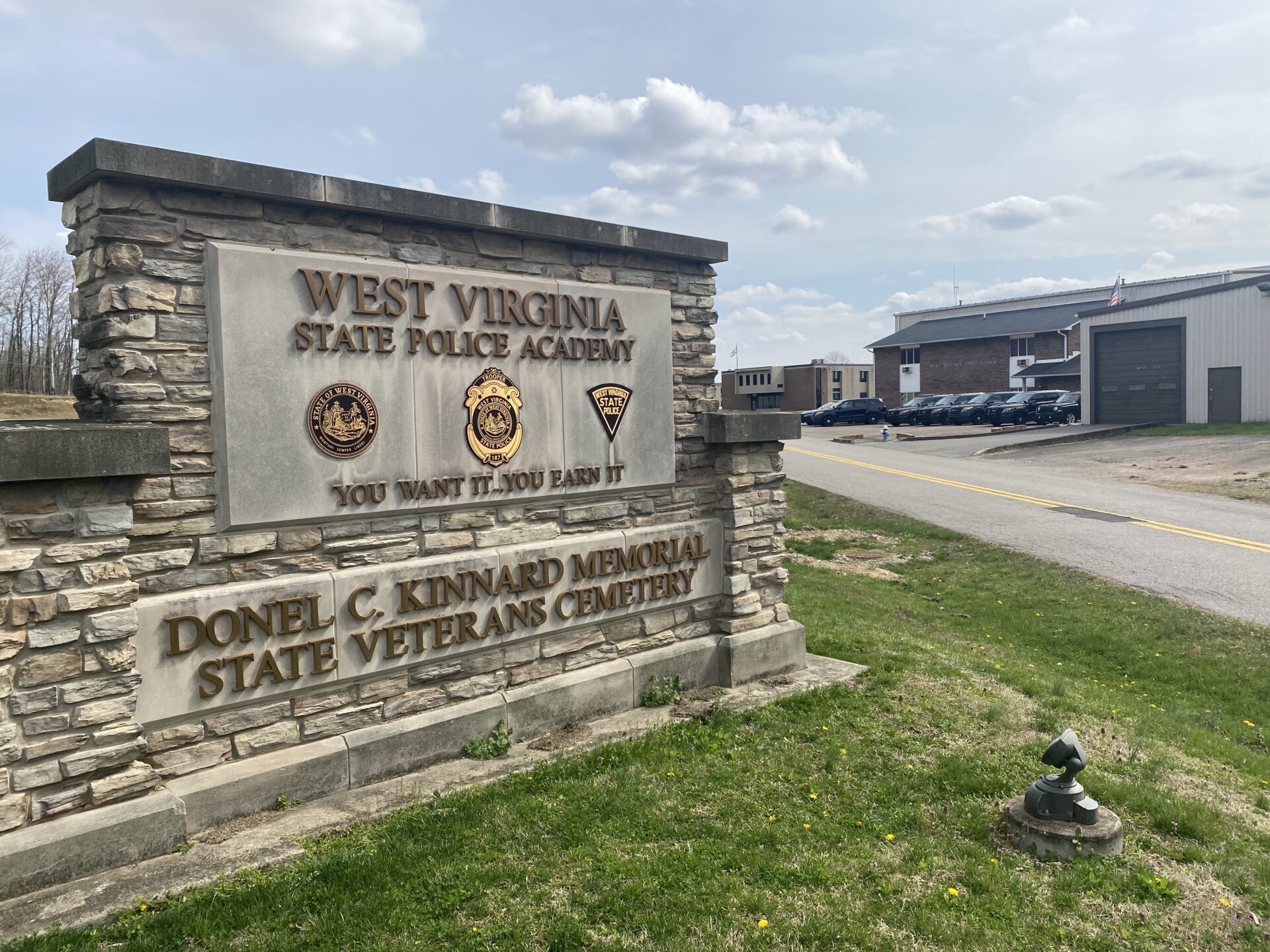The latest legal complaint concerning the West Virginia State Police (WVSP) hidden camera investigation outlines an alleged culture of misconduct towards women, with accusations of sexual assault and concerns over reforms.
The complaint filed in Kanawha County Circuit Court alleged that there were multiple victims and named multiple defendants involved in a hidden camera placed in the State Police Academy women’s locker room beginning in 2015.
Bryan Edwards, a Morgantown attorney and member of the legal team, is representing 70 West Virginia female law enforcement officers who trained at the academy and used the women’s locker room. He said evidence shows that beyond an invasion of privacy, male academy individuals exploited women.
“They preyed on the cadets,” Edwards said. “Making allegations that if they wished to get through the academy, then they would be subjected to their unwanted advances.”
The internal State Police investigation into the hidden camera incident has been underway for more than three months. Edwards said some defendants named in the complaint continue to work there.
In a media briefing on Wednesday, Gov. Jim Justice voiced frustration with no investigation findings yet, and acknowledged the seriousness of the allegations and had a message for the 70 West Virginia plaintiffs.
“A million apologies,” Justice said. “There’s no excuse. It’s ridiculous stuff that has happened. For 70 women, maybe there’s a goodly percentage that this did not happen to, but can you just imagine not knowing?”
Edwards believes the internal investigation will not change an alleged culture of sexism and coverups.
“It doesn’t appear that some of the bad actors that we know have had any type of consequences at all,” he said. “So my faith in the internal investigation is very limited.”
Justice said he has full faith that the State Police hidden camera probe will resolve the issue, and said reforms have already been instituted. But he also said he has limited patience.
“I really do believe that those changes are either happening, or have already been made,” Justice said. “We have investigations going on and I think we got to let that play out. But I’m not comfortable with all the bad stuff that’s happened. I want to see action. I have the most confidence in the State Police and love them with all my soul. But we don’t need to keep messing around with this. We need to move and move as swiftly as we possibly can.”
Edwards said his clients have seen no evidence of reforms at this point.
“If someone is feeling that they are being harassed or mistreated, that there was something outside, they can go and express those concerns,” Edwards said. “And it’s not just going to be the status quo, which I think has been the issue down there for years.”
Wheeling attorney Teresa Toriseva was one of the first to file a “notice to sue” the state government entity on behalf of multiple female law enforcement officers. All law enforcement officers, such as local police and sheriff’s deputies, train at the WVSP Academy and use the locker room and shower facilities.
State Police have offered no timetable for investigation results, saying due diligence is their utmost concern.
West Virginia Public Broadcasting asked the State Police for an update on both the investigation and reforms instituted but did not receive a response before this story was published.
